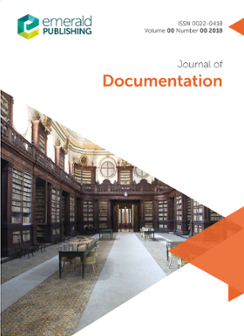
Into the archive of ubiquitous computing: the data perfect tense and the historicization of the present
Purpose
This paper theorizes ubiquitous computing as a novel configuration of the archive. Such a configuration is characterized by shifts in agency underlying archival mechanics and a pronounced rhythmic diminution of such mechanics in which the user’s experiential present tense is rendered fundamentally historical. In doing so, this paper troubles the relationship between: archival mechanics such as appraisal, accession and access; the archive as a site of historical knowledge production and the pervasiveness of data-driven daily life.
Design/methodology/approach
By employing conceptual analysis, I analyze a classic vision of ubiquitous computing to describe the historicization of the present tense in an increasingly computerized world. The conceptual analysis employed here draws on an interdisciplinary set of literature from library and information science, philosophy and computing fields such as human-computer interaction (HCI) and ubiquitous computing.
Findings
I present the concept of the data perfect tense, which is derived from the future perfect tense: the “will have had” construction. It refers to a historicized, data-driven and fundamentally archival present tense characterizing the user’s lived world in which the goal of action is to have had created data for future unspecified use. The data perfect reifies ubiquitous computing as an archive, or a site of historical knowledge production predicated on sets of potential statements derived from data generated, appraised, acquisitioned and made accessible through and by means of pervasive “smart” objects.
Originality/value
This paper provides foundational consideration of ubiquitous computing as a configuration of the archive through the analysis of its temporalities: a rhythmic diminution that renders users’ experiential present tenses as fundamentally historical, constructed through the agency of smart devices. In doing so, it: contributes to ongoing work within HCI seeking to understand the relationship between HCI and history; introduces concepts relevant to the analysis of novel technological ecologies in terms of archival theory; and constitutes preliminary interdisciplinary steps towards highlighting the relevance of theories of the archive and archival mechanics for critiquing sociotechnical concerns such as surveillance capitalism.
Other Books From - Article
About the author
[books_gallery_author author="John S. Seberger"]Back
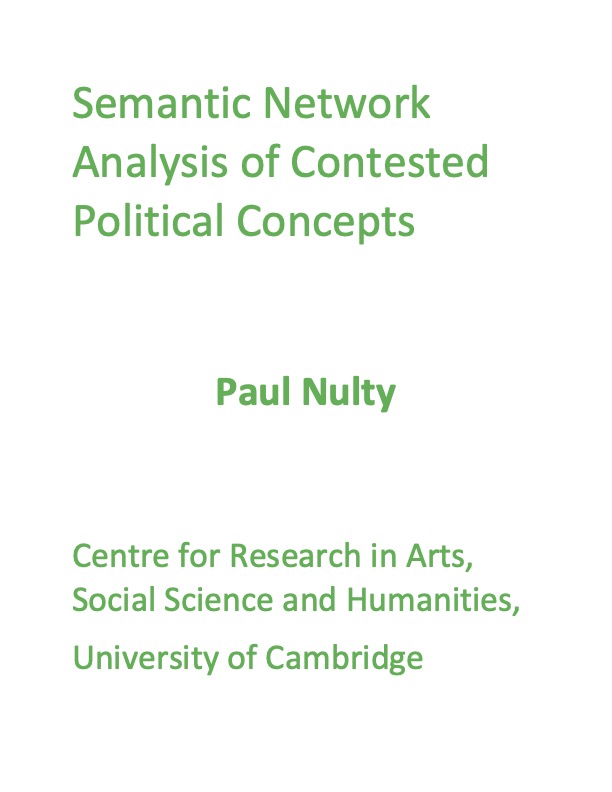 Semantic Network Analysis of Contested Political Concepts
Semantic Network Analysis of Contested Political Concepts 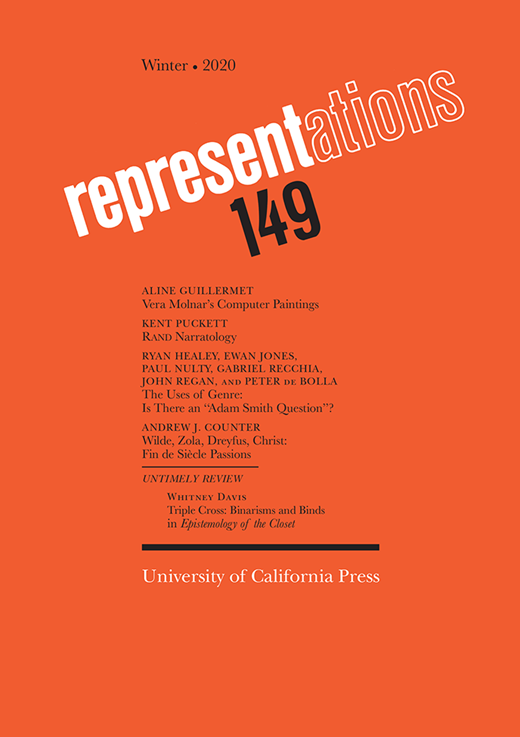 The Uses of Genre: Is There an “Adam Smith Question”?
The Uses of Genre: Is There an “Adam Smith Question”? 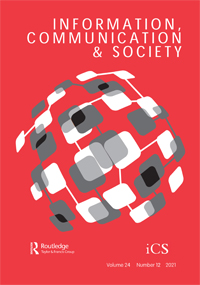 Humanistic infrastructure studies: hyper-functionality and the experience of the absurd
Humanistic infrastructure studies: hyper-functionality and the experience of the absurd  Provincializing Enlightenment: “Edinburgh” Historicism and the Blackwoodian Regional Tale
Provincializing Enlightenment: “Edinburgh” Historicism and the Blackwoodian Regional Tale 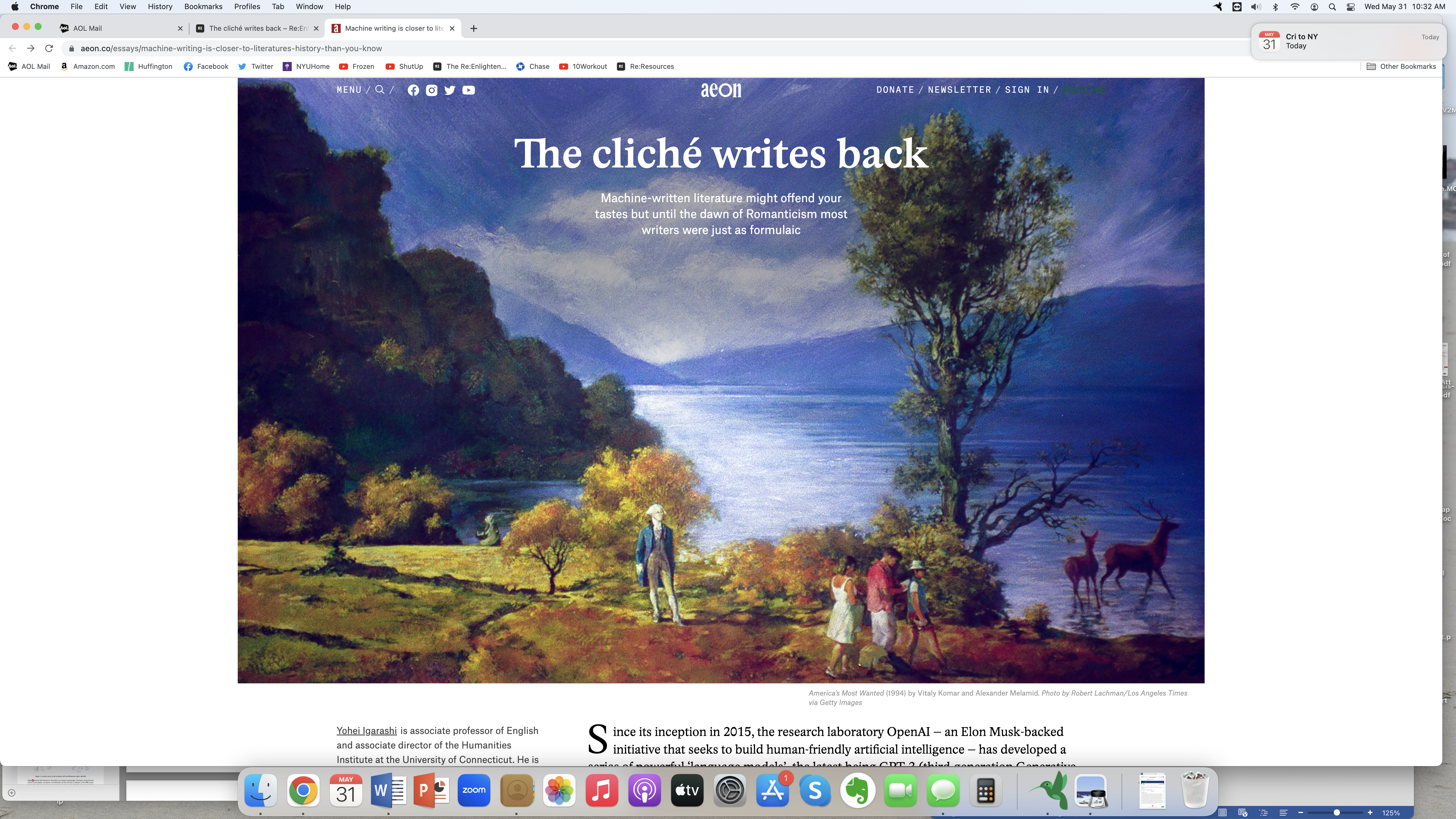 The cliché writes back
The cliché writes back 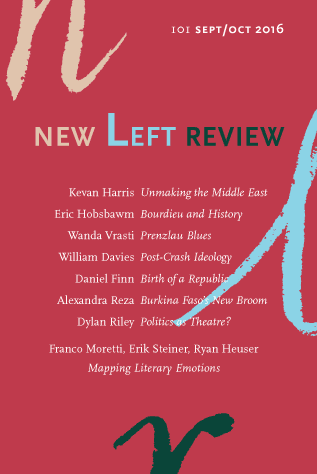 MAPPING LONDON’S EMOTIONS
MAPPING LONDON’S EMOTIONS 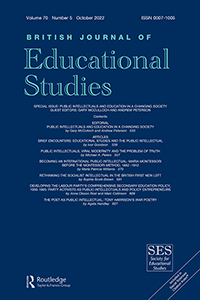 BRIEF ENCOUNTERS: EDUCATIONAL STUDIES AND THE PUBLIC INTELLECTUAL
BRIEF ENCOUNTERS: EDUCATIONAL STUDIES AND THE PUBLIC INTELLECTUAL 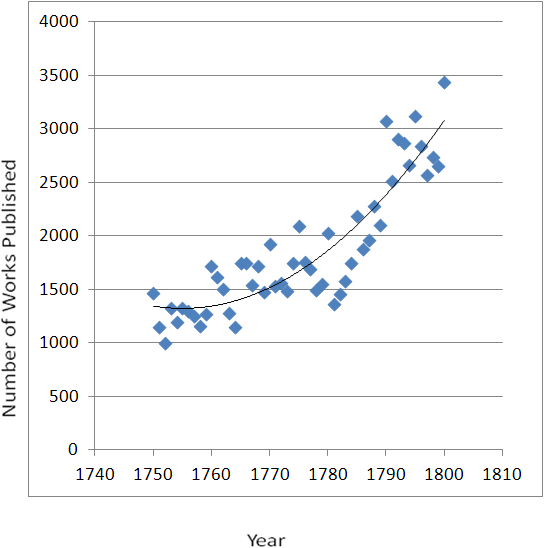 Acts of Aesthetics: Publishing as Recursive Agency in the Long Eighteenth Century
Acts of Aesthetics: Publishing as Recursive Agency in the Long Eighteenth Century  On Paragraphs. Scale, Themes, and Narrative Form
On Paragraphs. Scale, Themes, and Narrative Form  James Hogg and the Medium of Romantic Prose
James Hogg and the Medium of Romantic Prose